InterviewReputable Event Industry Experts Sharing Event Industry Predictions and Trends for 2025
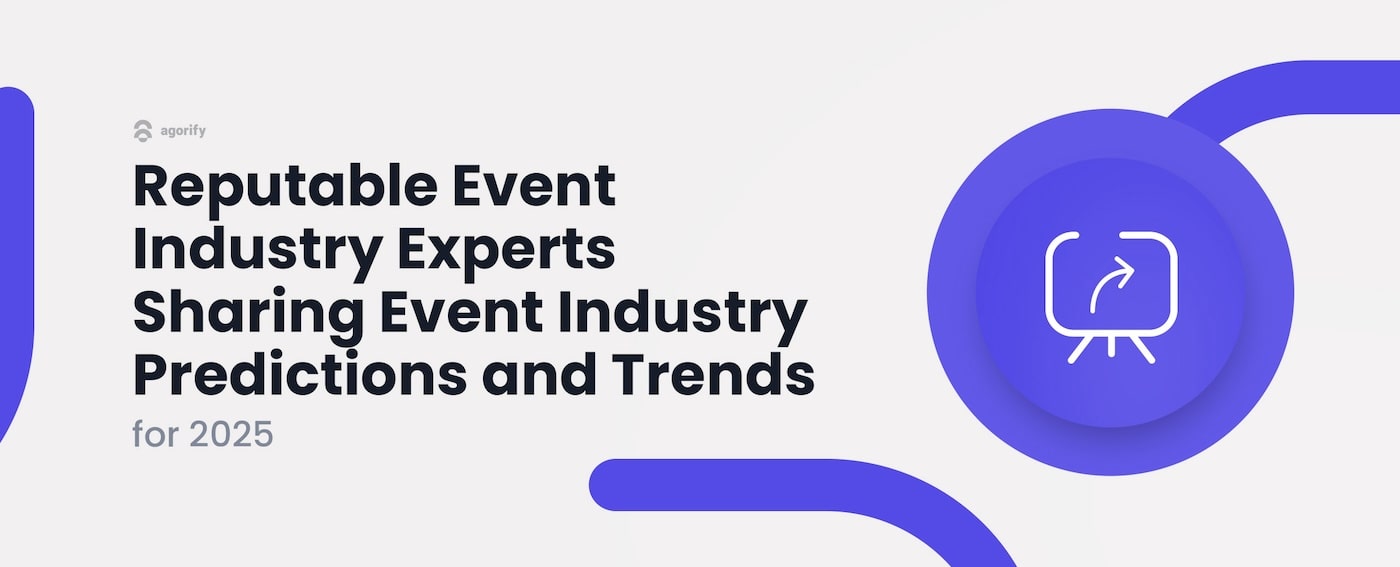
Every year brings new challenges and opportunities. 2025 is not an exception either and while we cannot exactly tell what it holds for each one of us, we can at least try to predict certain events based on the insights we already have.
Just as the previous years, we invited several highly-successful event industry practitioners and asked them to share their own predictions about the event industry predictions and trends in 2025. Keep on reading!
Kate Patay, Vice President of Global Engagement at Terramar, a DMC Network Company & Chief Strategist at Patay Consulting
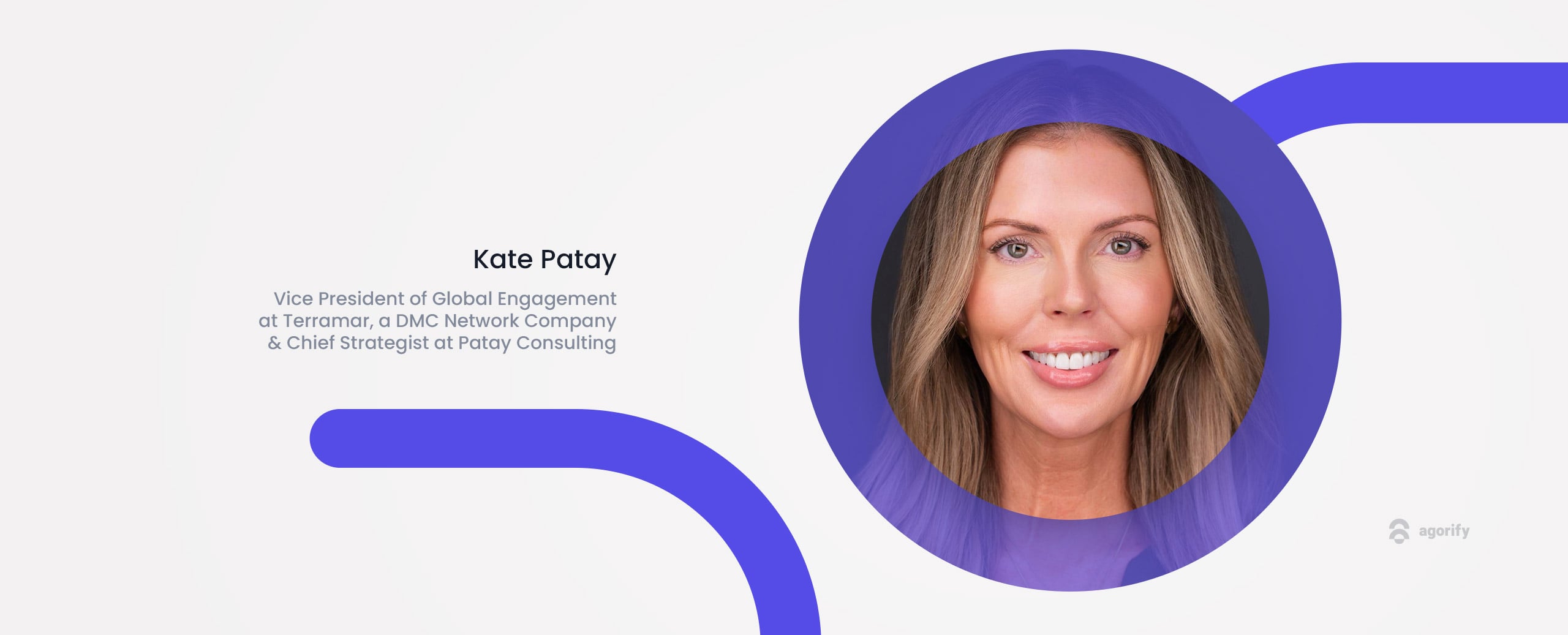
What do you think will be the most significant trend shaping the event industry in 2025?
The most significant trends shaping the events industry in 2025 will be a focus on connection in person vs full days of educational sessions, new formats to engage individuals with different styles of learning, and leaning into the culture of the destination you are gathering in. Attendees will no longer accept lengthy days of travel just to stay in a meeting room. They want to experience the destination, and it's our job to weave that into the overall experience.
Which technologies do you believe will dominate the event space in 2025?
The technologies that dominate the event space in 2025 will likely be a combination of sentiment tracking and data capture. Using these tools can help to gather qualitative details on human interactions and help event organizers better plan how to meaningfully engage attendees.
David Adler, Founder of BizBash
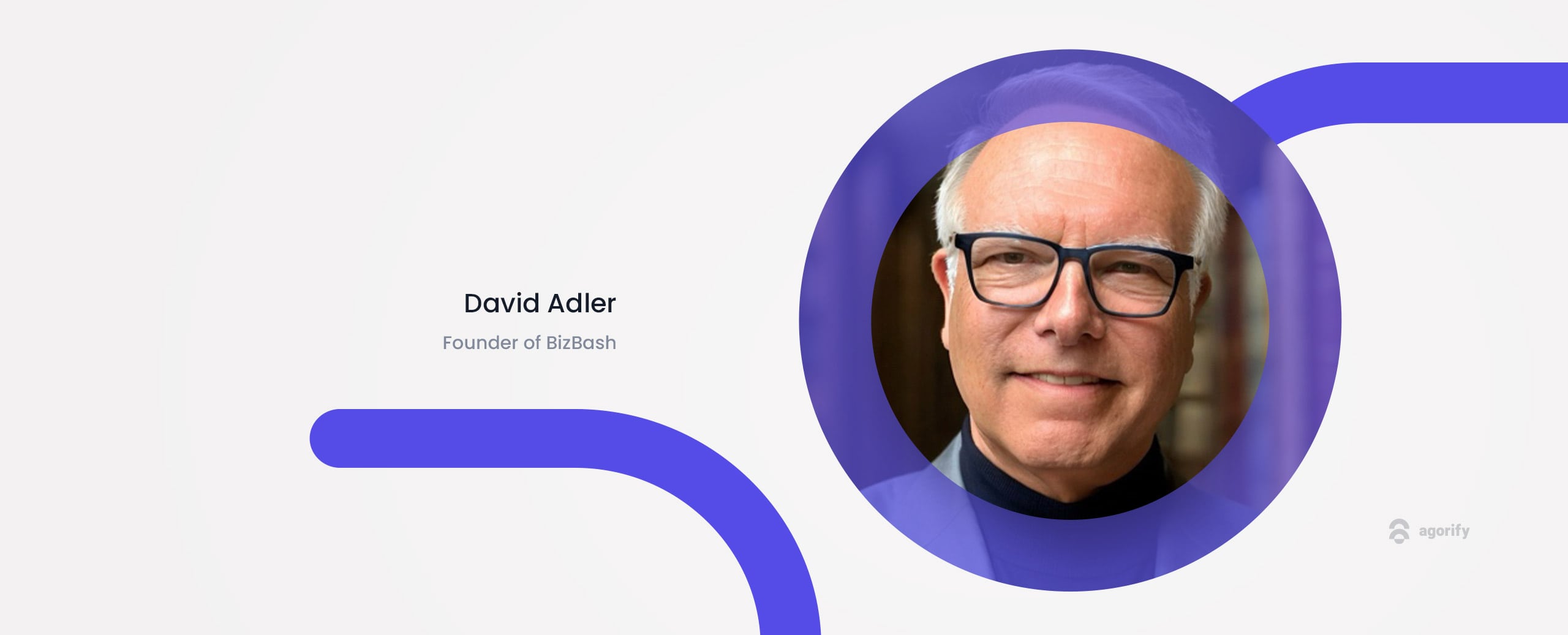
What do you think attendees will expect from events in 2025?
Attendees will expect events to deliver real value for their time. We're in an increasingly transactional world where time is precious, so they'll want experiences that are meaningful, scalable, and full of actionable takeaways. They'll be drawn to true experiential moments—if an event promises luxury, it must deliver actual luxury, not just the illusion of it. And yes, they still love swag, but only if it's high-quality and thoughtful. Cheap, forgettable giveaways don't cut it anymore.
What skills or tools will be essential for event professionals to succeed in 2025?
The single most important skill will be the ability to communicate effectively with AI—specifically, crafting prompts that lead to insightful, deep discussions and actionable results. This isn't about superficial interactions with AI; it's about leveraging it for thoughtful, strategic planning. Event professionals will need to pair this skill with their own creativity, research, and the ability to make unexpected connections. It's about merging human experience with AI's computational power to create solutions that go beyond the obvious.
Brandt Krueger, Senior Production Manager for EideCom EventTech Correspondent for SmartMeetings Magazine, Industry Speaker and Educator
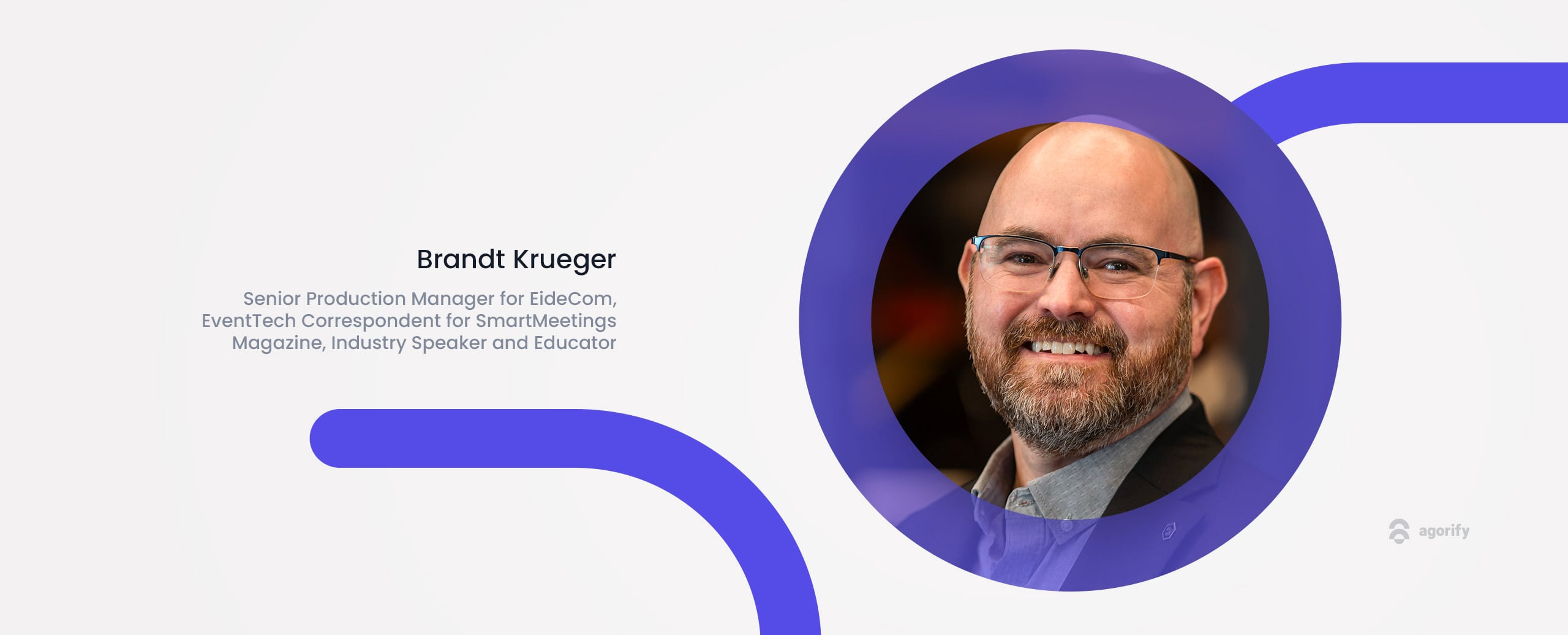
What's one bold prediction you have for the event industry in 2025?
It's not that bold, but AI will continue to dominate. Event folks NEED to be paying attention and actively playing with these tools. Don't FORCE it into your workflow, but playing around even a little bit with ChatGPT, Perplexity.AI, and the offerings from Google and Apple will often yield unexpected benefits and speed improvements for what we do every day. You don't have to worry about AI taking your job, but you do need to worry about people who know how to use AI effectively taking your job...
How do you envision the role of event apps and platforms in 2025?
Event apps: I've actually been surprised that chatbots, which were already a thing in 2018-19, haven't surged forward as the preferred UI for event apps. Even the crude, mostly pre-programmed event chatbots were magical for people who tried them for the first time. I remember an attendee asking, "I don't get it- what do I do with it?" and I said, "Just ask it whatever you want to know." She types "What time is registration open tomorrow?" and gets an answer back right away, and her face lit up! "That was so EASY!" Now take the conversational abilities of the current AI models, feed it the "training data" for your event, and I think you'd have something very special. The first platform to crack that and do it well is going to have a good year!
Wendy Porter, Founder & Chief Events Officer at Wendy Porter Events

What do you believe will be the defining characteristic of a successful event in 2025?
In 2025, a successful event will be defined by its ability to create authentic, meaningful engagement. Attendees are seeking more than just information; they want experiences that resonate on a personal level. This means crafting events that balance content with connection, using innovative formats to foster collaboration and emotional impact. Success will hinge on understanding and delivering what the audience values most, whether that's exclusive access to thought leaders, opportunities to contribute their own insights, or experiences that align with their personal and professional goals. It's no longer about one-size-fits-all solutions; it's about tailoring each touchpoint to be relevant, impactful, and memorable.
How do you see networking opportunities evolving with advancements in event technology?
Advancements in event technology are transforming networking into a hybrid of the organic and the curated. AI and data analytics will play a significant role in matching attendees based on shared goals or interests, creating more purposeful connections. Tools like virtual reality and augmented reality will also enable dynamic, immersive networking experiences that bridge the gap between in-person and virtual attendees.
However, the real evolution will lie in empowering attendees to network in ways that feel natural to them. While some will embrace AI-powered matchmaking or gamified experiences, others may prefer quieter, more personal interactions facilitated by intuitive tech. The key will be offering flexible options that enhance, rather than replace, the human element of networking. Technology will serve as the bridge—but genuine connections will remain the destination.
Liz King Caruso, CEO at techsytalk
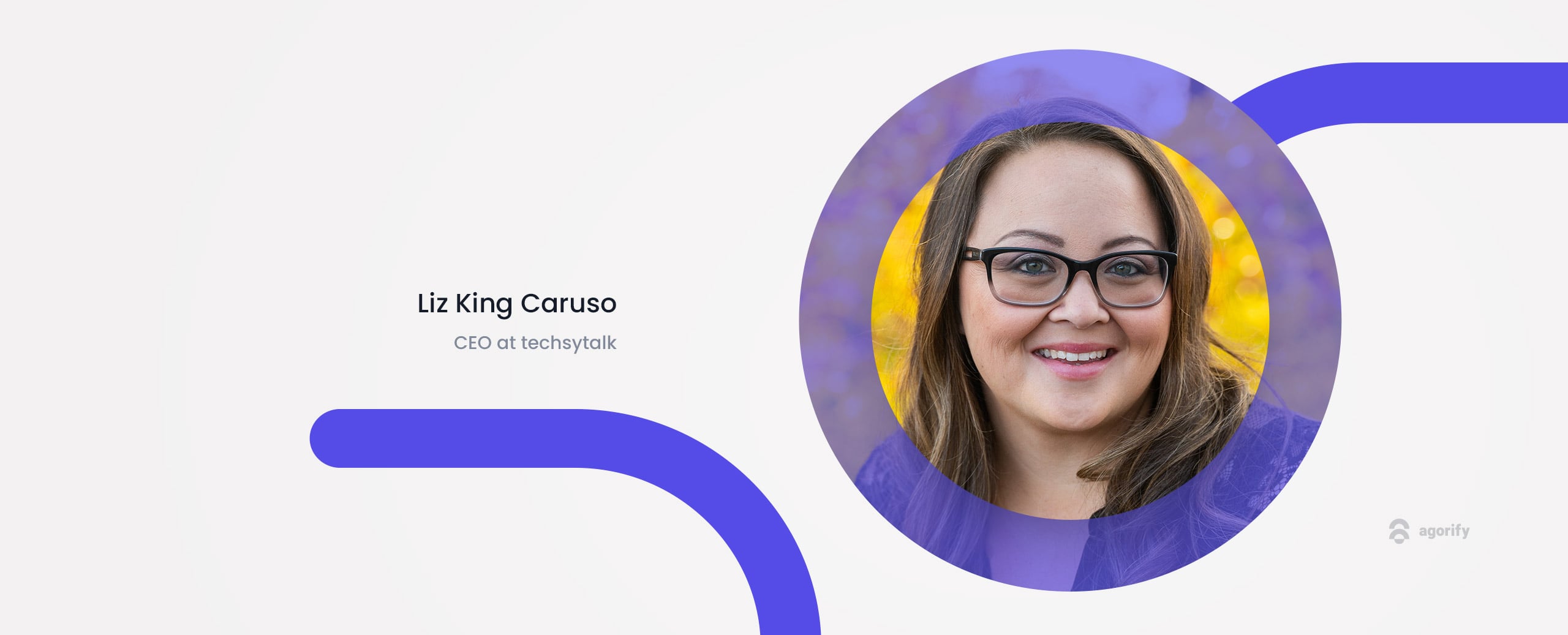
What shifts in attendee demographics do you predict for 2025 events?
I think we're going to continue to see more push for value and connection. More specifically, I think attendees in 2025 will be focused on personal ROI. Did they make enough relationships? Was the content delivered in formats that would not have relayed well virtually? How much did the event cost and did they make above and beyond that in value?
If you could predict one groundbreaking development for events in 2025, what would it be?
I'm never correct on these (haha!), but I would say that events in 2025 are going to be smaller and more third tier cities for many brands. Others will go big or go home. I think we're going to see the middle size events shrink as event organizers shift their strategies to meet demands and rising costs.
Goran Cvetanovski, Founder and CEO at Hyperight
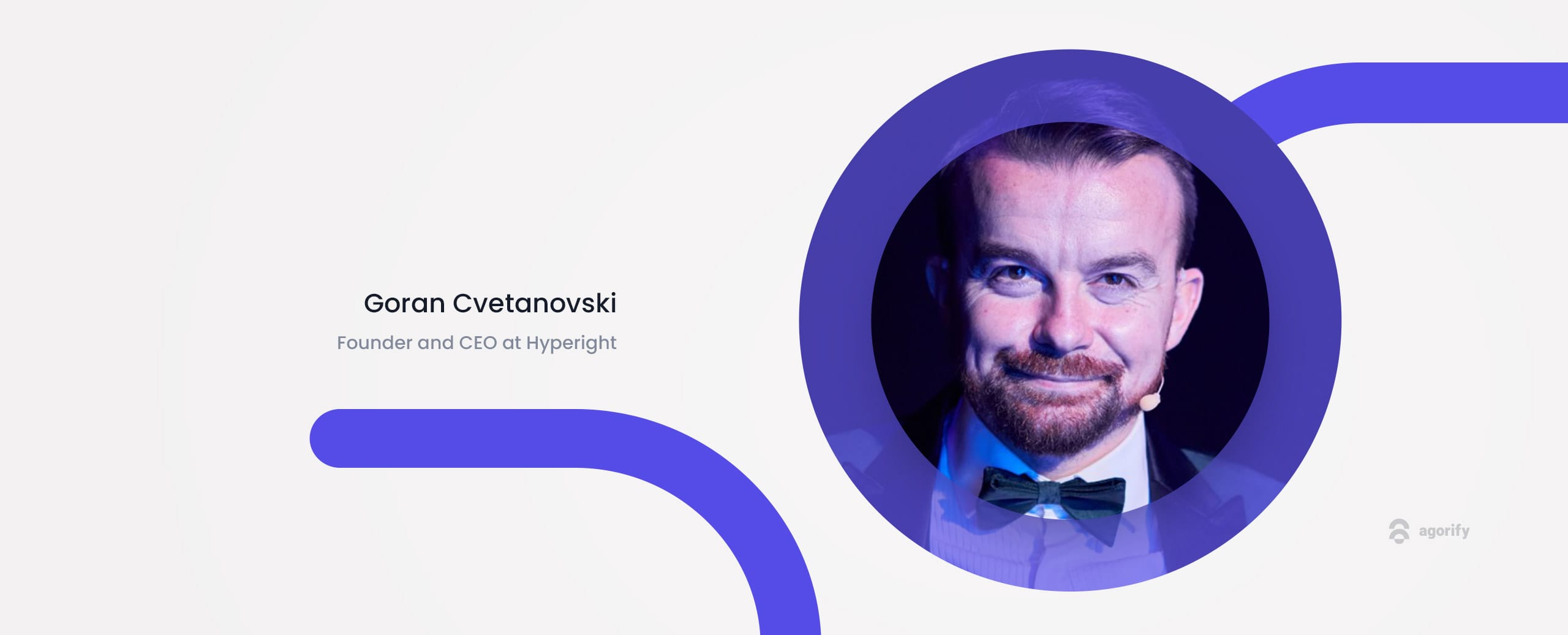
What metrics will become essential for measuring the success of events in 2025?
I believe the core metrics—such as revenue, growth, customer satisfaction, and returning attendees—will remain foundational in evaluating event success. These metrics already provide a robust perspective on event and company health. However, the evolution of technology allows us to go beyond these macro indicators. In 2025, the focus will shift toward leveraging granular, real-time data to uncover actionable insights.
For example, with the advancement of generative AI, we can optimize operational processes to enhance efficiency, branding, and innovation. Tools like natural language processing (NLP) and computer vision enable the capture of attendee sentiment and behavioral data at scale. Sentiment analysis derived from live interactions, social media engagement, or even facial expressions can provide deep insights to refine event execution, improve communication strategies, and develop tailored products or services. The future lies in combining these micro-level analytics with traditional KPIs to create a comprehensive, data-driven strategy for delivering exceptional events.
What's the next frontier for personalization in event tech solutions?
As an industry, we tend to focus heavily on event delivery—creating impactful moments during the event itself—but we often overlook the broader customer journey. Events are inherently transient experiences, but if you consider the journey from ticket purchase to post-event engagement, this timeline can stretch over weeks or even months. The next frontier for personalization lies in creating a seamless, hyper-personalized journey that extends beyond the event itself.
At Hyperight, we exclusively organize hybrid events to enhance the overall experience for participants. Using tools like Agorify, we provide value at every stage of the event lifecycle. For example, before the event, participants who register gain access to tailored content, networking opportunities, and curated moments based on their interests. Delegates can connect before, during, and after the event via the platform, fostering meaningful interactions beyond traditional event boundaries. All sessions are recorded, allowing attendees to revisit missed content and engage with the event on their own time. This approach empowers delegates to create their own personalized experience, pacing their engagement in a way that suits their individual preferences and schedules.
Kiril Seravall, co-founder and CEO at Agorify

What untapped opportunities do you see for event organizers in 2025?
One of the biggest untapped opportunities in the events industry is the wealth of content that is created during events but often disappears once the event is over. Think about it: every keynote, panel discussion, workshop, and even attendee interaction contains valuable insights and stories. However, traditionally, it has required significant time and resources to repurpose this content into something that continues to provide value beyond the event.
Now, with advancements in AI tools, this process has become much faster and easier. AI can transcribe, summarize, and even reformat event content into multiple formats like blog posts, social media snippets, email campaigns, and on-demand videos. This enables event organizers to extend the lifespan of their events, keeping the buzz alive and continuously driving traffic and interest in their brand.
In addition, key moments from a live event can be converted into bite-sized social media clips, complete with captions that enhance accessibility and engagement. Using tools like ZapCap AI video caption generator, event organizers can effortlessly add accurate captions to their videos, making content more inclusive and improving its reach on social media. Captions also play a crucial role in boosting engagement rates, as many users scroll through their feeds with the sound off.
Repurposed content doesn't just help with engagement—it's a tool for growth. It positions your event as a thought leader in the industry, provides evergreen content that can attract new audiences year-round, and even creates new monetization opportunities through memberships or exclusive content access. In 2025, event organizers who adopt AI to unlock the value of their event content will be the ones who maximize their impact, build stronger communities, and stay ahead of the curve.
How can event professionals prepare to adapt to rapid changes in technology and audience preferences?
There's no simple, one-size-fits-all answer to this question because the landscape of technology and audience expectations evolves so quickly. However, what's essential is cultivating a mindset of curiosity and continuous learning. Event professionals need to stay open to exploring new tools, experimenting with fresh ideas, and looking beyond the traditional boundaries of the events industry for inspiration.
One of the best ways to do this is by joining communities where technology is actively discussed - not just in the context of events but more broadly. Platforms like Reddit and Product Hunt are great places to discover emerging tools and technologies that may not be designed specifically for events but could be creatively repurposed to enhance attendee experiences. Often, the most innovative solutions for events come from applying tech that was initially intended for entirely different industries.
Additionally, being part of such communities keeps you aware of larger tech trends that can influence audience behavior. For example, shifts in AI, wearables, or immersive media will inevitably affect how people engage with content and interact at events. Staying ahead means following these developments closely and being willing to experiment early.
Ultimately, preparation isn't about having all the answers upfront - it's about fostering a proactive approach to learning and staying connected to the conversations that are shaping the future of technology and audience preferences.
To Wrap Up
Being able to foresee future trends in a certain industry takes an extensive expertise and it's of crucial importance as it gives us the opportunity to prepare for what comes next and make the most of it. According to our event experts and their predictions on event industry trends for 2025, the advancements of generative AI will definitely continue paving the road to more enhanced attendee experiences and operational efficiency through a variety of tools. Another key takeaway that is highlighted is the pivotal role of personalization in attendees’ expectations for upcoming events - based on these predictions, attendees demand tailored experiences throughout the entire event journey - from registration to post-event.
With all that being said, event organizers should definitely get inspired and focus on organizing and delivering up-to-date events and ensuring staying ahead of these trends!
Get started with Agorify for free!